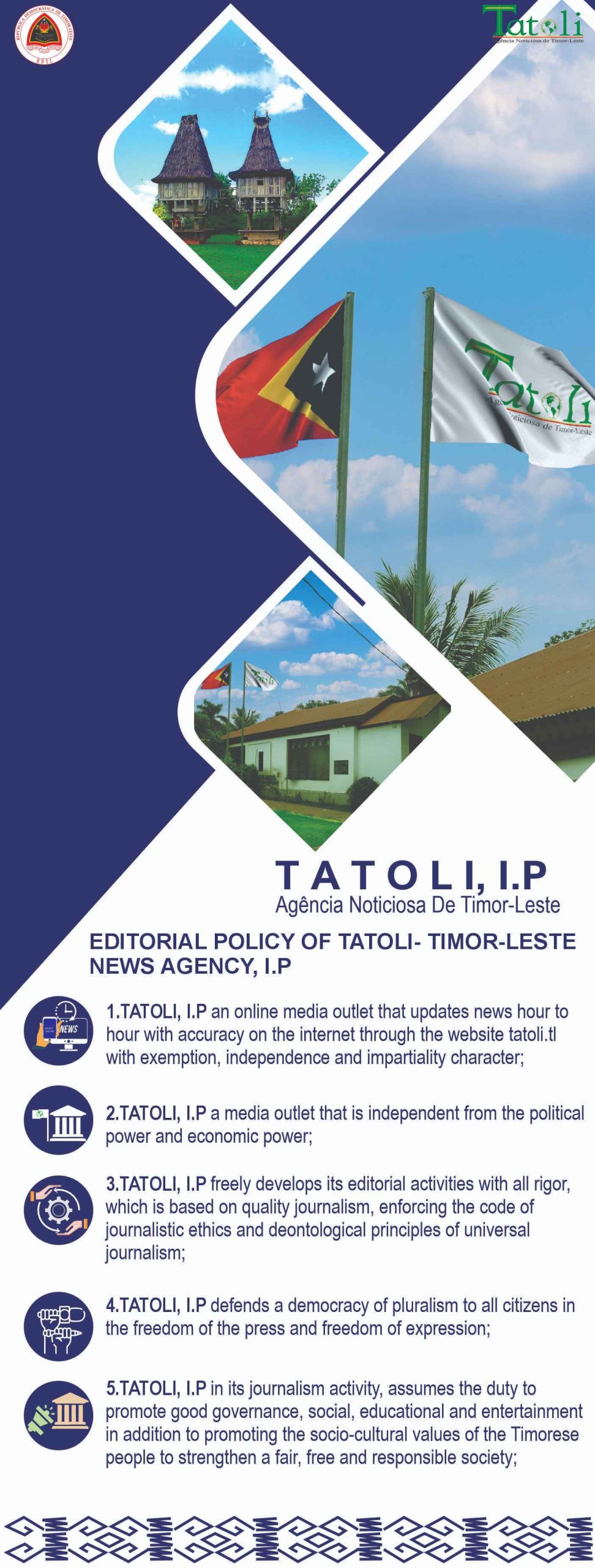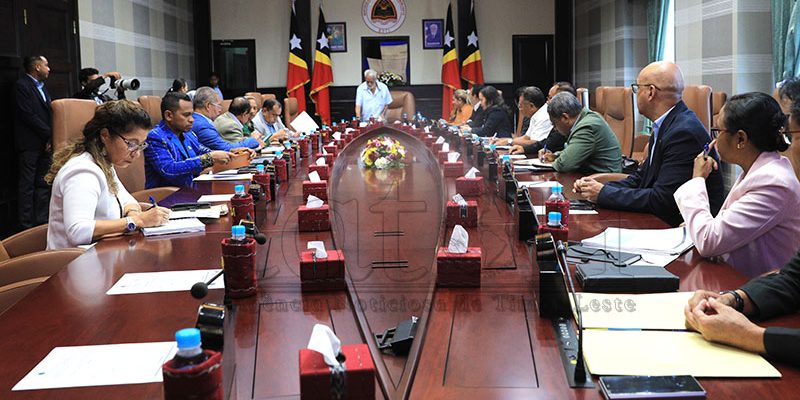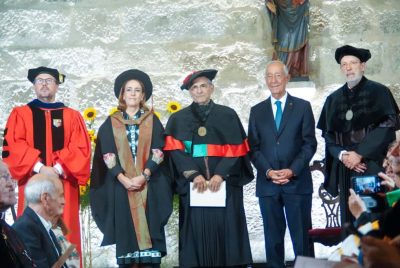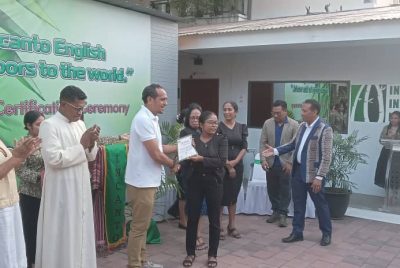DILI, 07 August 2025 — (TATOLI) – Dili Municipality Health Service (SSMD) reported 181 dengue cases in the second quarter of 2025, bringing the total number of infections to 448 since the beginning of the year.
SSMD Director Mateus Pinto said that of the 181 dengue cases reported in the second quarter, 64 were recorded in April, 56 in May, and 61 in June.
Most of the patients were children aged 5 to 15 years, and cases were mainly reported in Vera Cruz, Cristo Rei, Nain Feto, and Dom Aleixo administrative posts.
To fight the spread of dengue, Pinto announced that the Wolbachia Method will be launched on 8 August in Dili. On 11 August, capsules containing Wolbachia-infected mosquito eggs will be released in high-risk areas.
The program is a joint effort between the Ministry of Health, Menzies School of Health Research, and the World Mosquito Program, with a team of 500 people, including 34 field workers assigned to release the mosquitoes in targeted communities.
“This program is supported by Australia’s Department of Foreign Affairs and Trade (DFAT),” said Maria Gama, the Menzies program coordinator. “Every two weeks, we send around 18,000 eggs to Monash University in Australia for analysis.”
Wolbachia is a naturally occurring bacterium found in about 60% of insect species, including fruit flies, dragonflies, and moths. It is harmless to humans. When Aedes aegypti mosquitoes carry Wolbachia, it blocks the transmission of the dengue virus.
The method involves releasing lab-bred mosquito eggs containing Wolbachia into affected areas. When these mosquitoes hatch and reproduce, the bacterium is passed on to future generations, gradually reducing the mosquitoes’ ability to spread dengue.
In 2022, Timor-Leste sent Aedes aegypti mosquitoes to Australia for the first time to breed them with Wolbachia-infected females, as part of a strategy to help control dengue in the country.
Journalist: Ivonia da Silva
Editor: Isaura Lemos de Deus
Translaiton: Camilio de Sousa

















